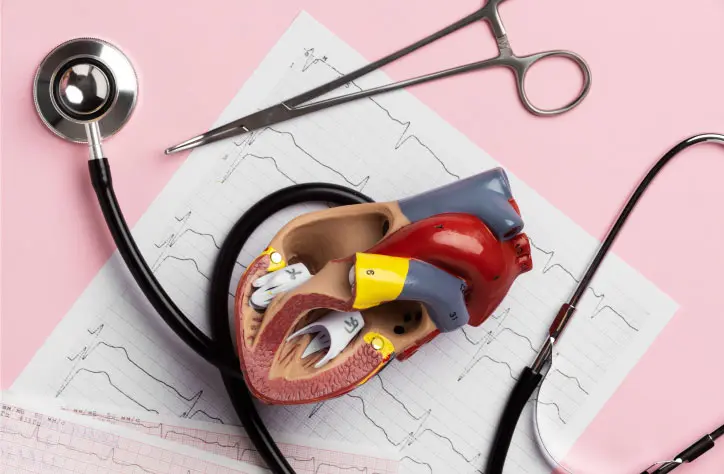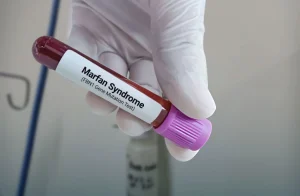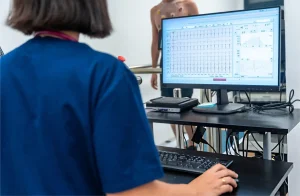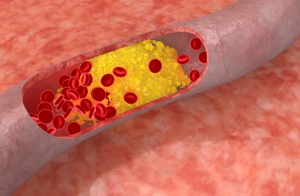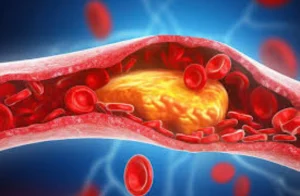Picture this: You’re sitting quietly, reading a book, when suddenly your heart skips a beat, flutters, and races erratically. This unusual sensation called as atrial fibrillation (Afib) is been grappled by millions, and by 2030 it’s estimated that a staggering 12.1 million people in the U.S will be affected by this disease.
“The only thing worse than being talked about is not being talked about.” – Oscar Wilde
While AFib may be a common conversation among cardiologists, its exact cause remains shrouded in mystery. We know that certain risk factors like high blood pressure, heart disease, and obesity can increase your chances of developing AFib. But what if there’s more to the story? What if AFib tends to run in families?
Research suggests that individuals with AFib who don’t have any identifiable risk factors often have a family history of the condition. This implies a genetic link, although the specific genes and their precise roles in AFib development are still being investigated.
In this blog post, we’ll unravel the complex relationship between AFib and genetics. We’ll explore how family history plays a role. Stay with us till the very last.
What are the genes that are the frontline cause of Afib?
While the complete genetic picture of AFib remains a work in progress, researchers have identified several key players on the genetic frontline. These genes, when altered or mutated, can disrupt the heart’s electrical signals, paving the way for the chaotic rhythm of AFib.
One of the most notable is the KCNQ1 gene. This gene provides the blueprint for a crucial potassium channel in heart muscle cells. When mutated, this channel can malfunction, disrupting the heart’s electrical rhythm and increasing susceptibility to AFib.
Other genes, like NPPA, SCN5A, and PITX2, have also emerged as potential contributors.
Each plays a unique role in heart development and function, and alterations within them can tip the scales toward AFib.
Inheritance of AFib
We’ve explored the genes that might play a role in AFib, but how does this genetic predisposition pass down through generations? Here’s where the concept of “autosomal dominant inheritance” comes into play.
Think of it like a game of genetic chance, where each parent contributes one copy of each gene to their child. In autosomal dominant inheritance, a single altered copy of the gene is enough to cause the condition. So, if one parent carries a mutation linked to AFib, there’s a 50% chance they’ll pass it on to each of their children.
This pattern helps explain why AFib tends to cluster within families. If you have a parent or sibling with the condition, your own risk is significantly increased. It’s like inheriting a slightly faulty blueprint for your heart’s electrical system, making it more prone to arrhythmia.
Prevent heart problems before they start – Schedule a preventive checkup
Contact UsHow Will Your Doctor Diagnose Hereditary AFib?
Diagnosing hereditary AFib involves a careful blend of detective work and medical expertise. Your doctor will take several steps to assess your risk and determine if a genetic predisposition is at play.
The journey typically starts with a thorough discussion about your personal and family medical history. Be prepared to provide details about:
Your AFib Experience: When did your symptoms start? How often do you experience episodes? Have you had any complications?
Family Ties: Have any of your close relatives been diagnosed with AFib or other heart conditions? If so, who, and at what age were they diagnosed?
Next, your doctor will likely conduct a physical examination, listening to your heart and checking for other potential signs of heart disease. They may also order various tests, including:
Electrocardiogram (ECG or EKG): This records your heart’s electrical activity, revealing any irregular rhythms.
Echocardiogram: This uses sound waves to create images of your heart, helping assess its structure and function.
Holter monitor or event recorder: These portable devices track your heart rhythm over a longer period, capturing episodes that might not be detected during a brief office visit.
Blood tests: These can check for underlying conditions that might contribute to AFib, such as thyroid problems or electrolyte imbalances.
If your doctor suspects a hereditary link, they may recommend genetic testing. This involves analyzing your DNA to identify any mutations associated with AFib.
- A positive test confirms a genetic predisposition, but it doesn’t guarantee you’ll develop AFib.
- A negative test doesn’t completely eliminate the possibility of a genetic link, as not all AFib-related genes have been identified.
- Interpreting genetic test results can be complex. It’s often recommended to consult with a genetic counselor to understand the implications for you and your family.
Can One Prevent Familial AFib?
When it comes to familial AFib, prevention isn’t as straightforward as avoiding a contagious illness. While we can’t rewrite our genetic code, we can certainly influence the narrative.
If you’ve inherited a genetic predisposition to AFib, it’s like having a slightly higher baseline risk. It’s a factor you can’t erase. However, this doesn’t mean you’re destined to develop the condition.
By making healthy choices, you can construct a structure that withstands the pressures that might trigger AFib. Here’s how:
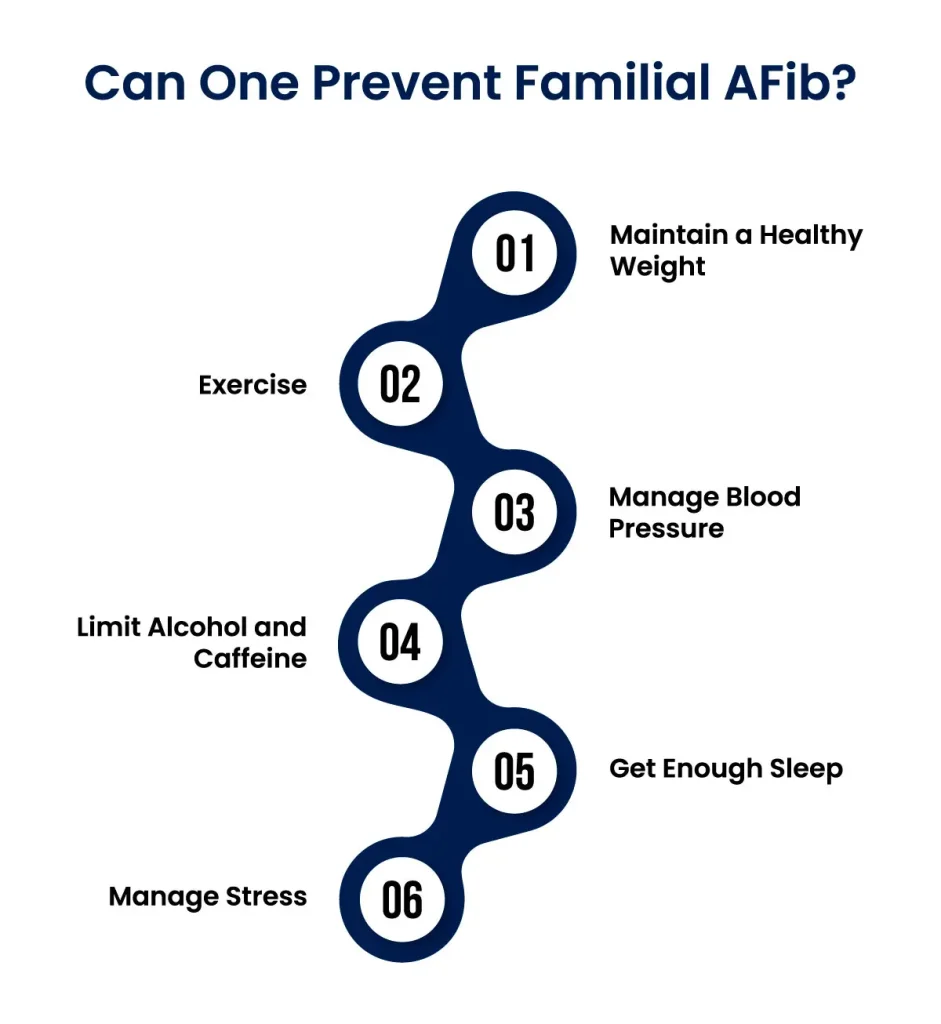
Maintain a Healthy Weight: Obesity puts extra strain on your heart, increasing AFib risk. Aim for a healthy weight through a balanced diet and regular exercise.
Exercise: Regular physical activity strengthens your heart and improves overall cardiovascular health. Aim for at least 150 minutes of moderate or 75 minutes of vigorous-intensity exercise per week.
Manage Blood Pressure: High blood pressure is a major risk factor for AFib. Work with your doctor to keep your blood pressure within a healthy range through lifestyle changes and medication if needed.
Limit Alcohol and Caffeine: Both can trigger AFib episodes. If you drink alcohol, do so in moderation. Avoid excessive caffeine intake, especially close to bedtime.
Get Enough Sleep: Poor sleep disrupts your body’s natural rhythms and can increase stress, both contributing to AFib risk. Aim for 7-9 hours of quality sleep each night.
Manage Stress: Chronic stress takes a toll on your heart. Explore relaxation techniques like meditation, deep breathing, or yoga to control stress.
Don’t Smoke: Smoking damages your heart and blood vessels, significantly increasing your risk of AFib and other heart problems.
Ending Notes
AFib, whether familial or not, is a journey, not a destination. While genetics may play a role, it’s far from the final word. By arming yourself with knowledge, partnering with your doctor, and making heart-healthy choices a priority, you’re seizing control of your narrative. Remember, it’s never too late to make a positive change. Your heart, your health, your future – they’re all worth fighting for.

